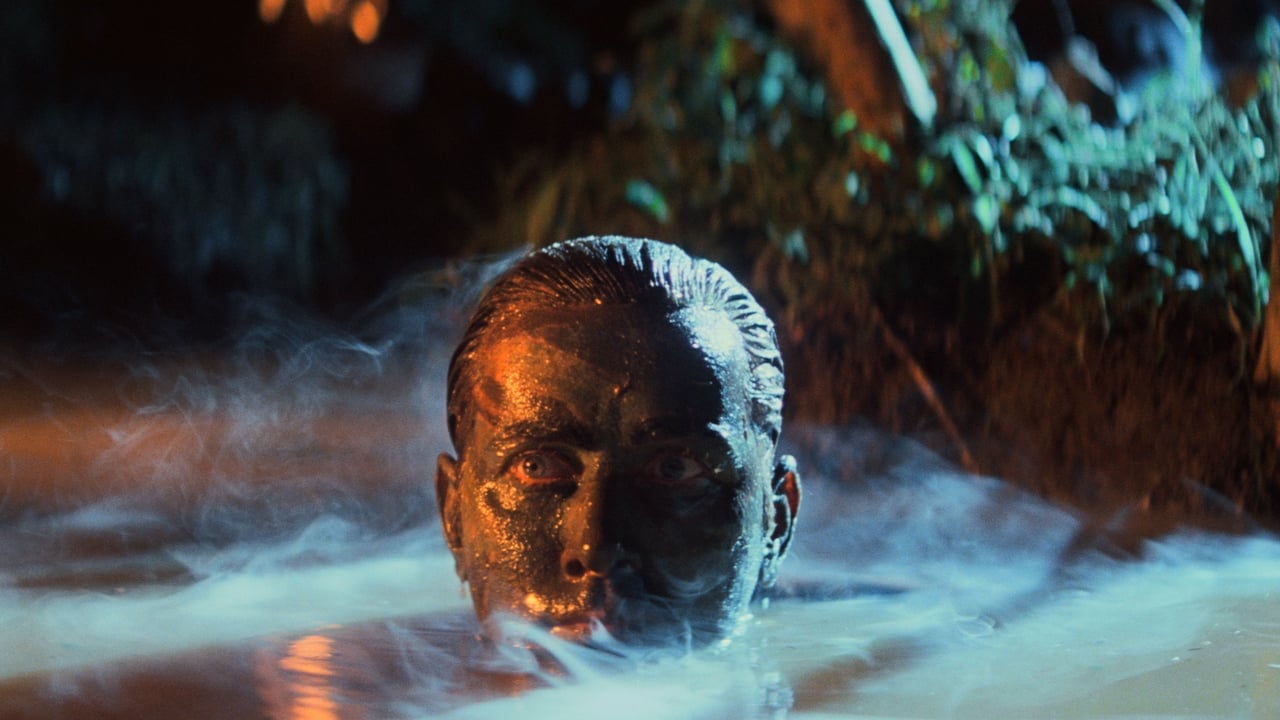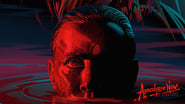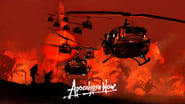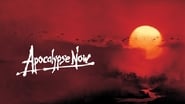

At the height of the Vietnam war, Captain Benjamin Willard is sent on a dangerous mission that, officially, "does not exist, nor will it ever exist." His goal is to locate - and eliminate - a mysterious Green Beret Colonel named Walter Kurtz, who has been leading his personal army on illegal guerrilla missions into enemy territory.
 AD
AD
All Prime Video
Cancel anytime

At the height of the Vietnam war, Captain Benjamin Willard is sent on a dangerous mission that, officially, "does not exist, nor will it ever exist." His goal is to locate - and eliminate - a mysterious Green Beret Colonel named Walter Kurtz, who has been leading his personal army on illegal guerrilla missions into enemy territory.
The movie is currently not available onine
Martin Sheen , Frederic Forrest , Albert Hall
Angelo P. Graham
United Artists , American Zoetrope






























as Captain Benjamin Willard

as Jay 'Chef' Hicks